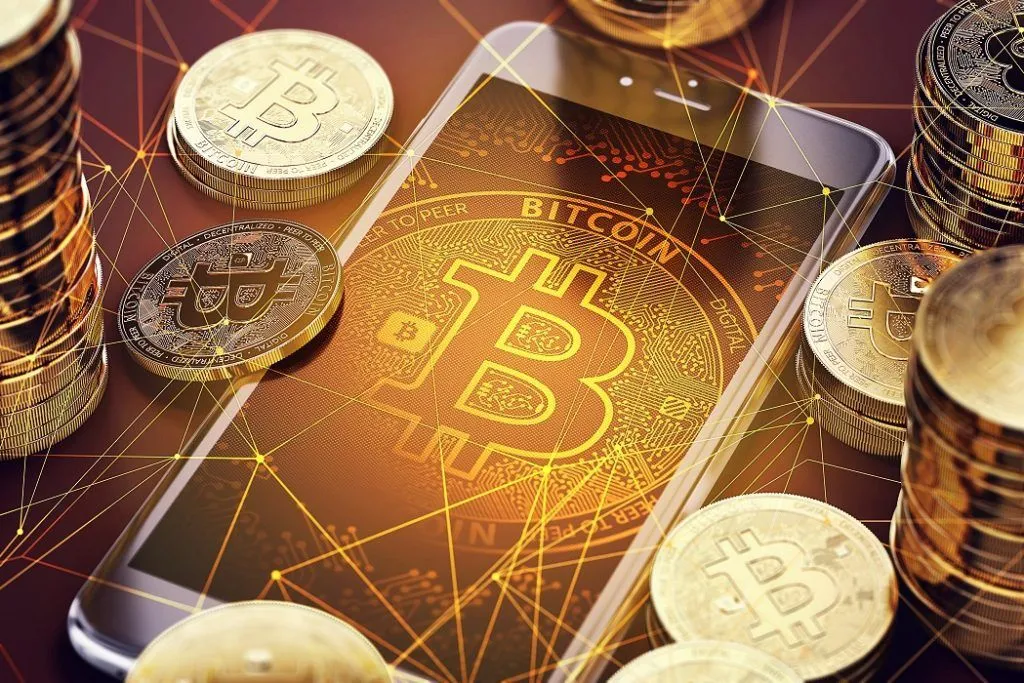Cryptocurrency is like digital money that exists only on the internet, but it’s different from the money you use in banks or apps like Paytm. It’s not physical like rupees or coins and isn’t controlled by banks or the government. Instead, it uses a technology called blockchain, a secure digital notebook shared across many computers, to keep track of transactions. For example, Bitcoin is like digital gold, and you can use it to buy things online, save, or send money abroad. In India, people use apps like WazirX or CoinDCX to buy cryptocurrencies with rupees.
Why Cryptocurrency Is a Form of Digital Money?
Cryptocurrency works like money because you can use it to buy things, save for the future, or measure value, all in a digital form. Here’s why it’s special:
- Used for Buying and Selling:
- Like rupees, you can use cryptocurrencies to buy things online, like gadgets or services. Some Indian websites and even cafes in cities like Bengaluru accept Bitcoin.
- Apps like WazirX let you buy crypto with rupees, just like shopping online.
- Saving and Investing:
- Many Indians save in gold or fixed deposits. Cryptocurrencies like Bitcoin can grow in value, so people buy them to save or invest, though prices can also drop suddenly.
- It’s like buying shares, but you store it in a digital wallet, not a bank.
- Measuring Value:
- You can price things in crypto, like saying a phone costs 0.001 Bitcoin, similar to ₹20,000.
- Stablecoins (like Tether) stay steady in value, making them easier to use without worrying about price changes.
- Completely Digital:
- Cryptocurrency exists only online, stored in a digital wallet (an app on your phone). It’s not like cash you can hold or even digital rupees in a bank.
- Not Like Paytm or PhonePe: Paytm and PhonePe use rupees stored in bank accounts, controlled by banks and linked to your bank balance. Cryptocurrency is independent, stored on a blockchain, and you control it directly with a private key (like a password). No bank or company like Paytm manages it, making it decentralized and global.
- You can send crypto anywhere in the world without a bank, using just your phone and internet.
- Fast and Global:
- Sending money abroad, like to a relative in Dubai, can take days and cost high bank fees. With crypto, it’s often faster (minutes) and cheaper, which is great for Indian families with loved ones abroad.
- For example, sending Bitcoin through ZebPay can save time and money compared to bank transfers.
- Safe Without a Bank:
- Blockchain makes crypto secure by recording every transaction publicly, so no one can cheat. It’s like a community checking your money’s safety, not just one bank.
- Your private key keeps your crypto safe, but you must never share it.
How Does This Work in India?
- Getting Started: Use apps like WazirX, CoinDCX, or ZebPay to buy crypto with rupees. It’s as simple as using UPI apps, even for people new to the internet.
- Storing Crypto: Keep it in a digital wallet (like an app). Protect your password (private key) like you protect your ATM PIN.
- Using Crypto: Use it for online shopping, investing, or sending money abroad. Some Indian businesses accept crypto, especially in tech cities.
- Taxes in India: If you sell crypto and make a profit, you pay 30% tax on the gain (as of 2025). There’s also a 1% TDS when buying or selling on exchanges. Keep records for taxes!
- Be Careful: Crypto prices can change a lot. Only invest what you can afford to lose, like you would with risky stocks.
Additional Context
- Comparison to Traditional Digital Money: While bank accounts and payment apps like Venmo also represent digital money, they rely on centralized systems and fiat currency. Cryptocurrencies, by contrast, are native to the digital realm and operate independently of traditional financial systems.
- Challenges: Cryptocurrencies face issues like price volatility, regulatory uncertainty, and energy-intensive mining (e.g., Bitcoin’s environmental impact). However, innovations like Ethereum’s shift to Proof of Stake and stablecoins address some of these concerns.
- Real-World Use: Cryptocurrencies are increasingly used for remittances, online purchases, and decentralized finance (DeFi) applications, reinforcing their role as digital money.
Example for Clarity
Suppose Priya in Delhi wants to send ₹5,000 to her brother in Canada. A bank might charge ₹300 and take 2 days. Instead, Priya buys Bitcoin on CoinDCX, sends it to her brother’s wallet in minutes, and he converts it to Canadian dollars. The fee might be just ₹50, and it’s super fast!
In short, cryptocurrency is like online rupees you control yourself, not like Paytm or PhonePe money tied to banks. It’s safe, fast, and works worldwide, but you need to use it carefully.




